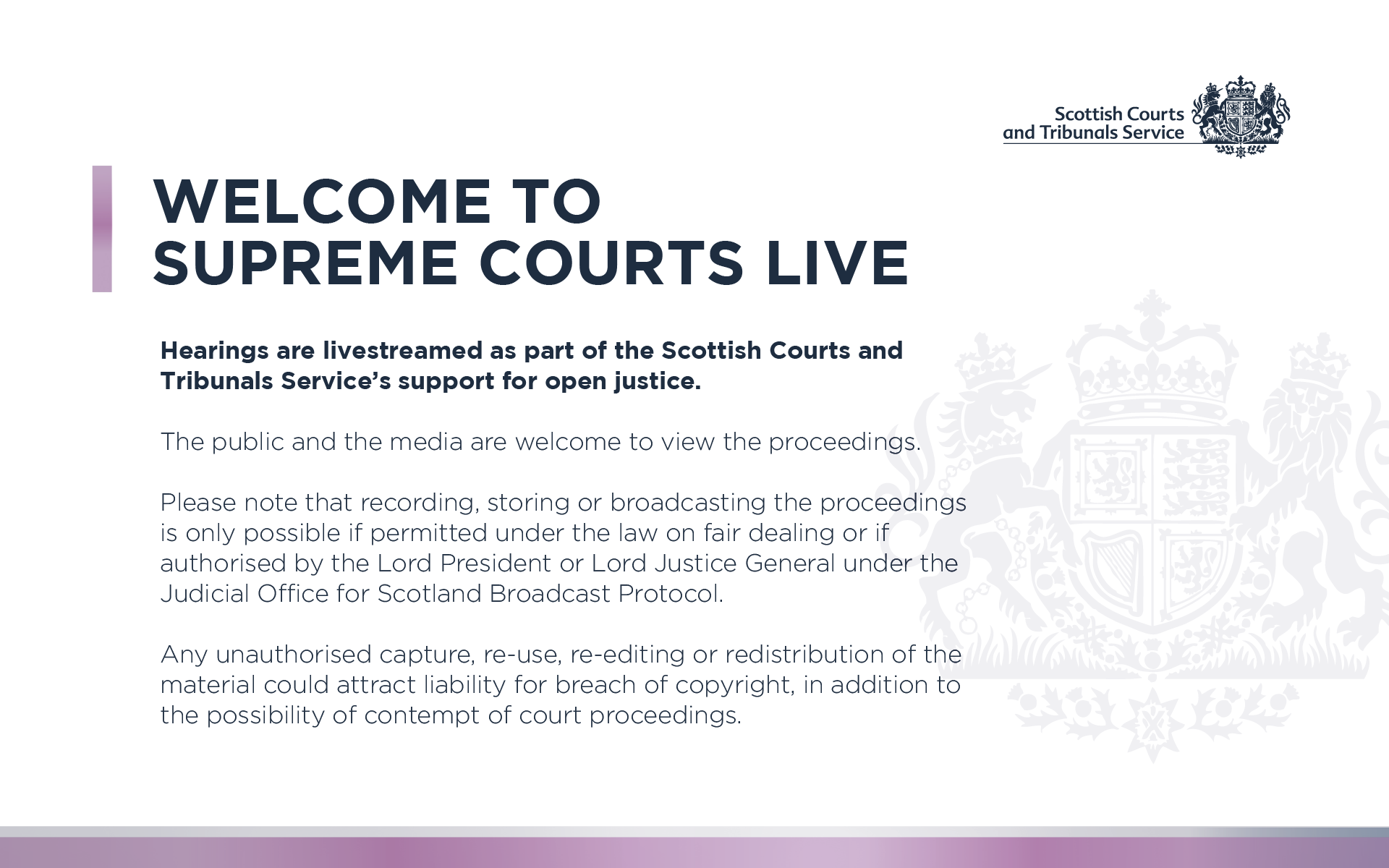Case description
The petitioner arrived in the United Kingdom from Sudan in February 2019 as a refugee.
In August 2019 she applied for assistance from the respondents, Glasgow City Council, in finding accommodation as a homeless person. The respondents on 9 September 2019 accepted she was homeless and as a legal consequence they owed duties to her under ss.29(1)(a) and 31(2) of the Housing (Scotland) Act 1987 to provide her with interim and permanent accommodation. She was housed in a one-bedroom flat as interim accommodation.
On 23 September 2020 the petitioner’s husband, three daughters, two sons, and niece arrived from Sudan to stay with her. The one-bedroom property was no longer suitable. The respondents made two offers of alternative interim accommodation but have made no offer for permanent accommodation. The offers of interim accommodation were rejected by the petitioner on the basis they were unsuitable for the petitioner, as she has health issues which mean she cannot negotiate stairs. As regards permanent accommodation, the Council’s position is that it simply does not have – and cannot build or rent – suitable accommodation without disturbing its settled budgetary plans or unfairly prioritising the petitioner over all other homeless applicants.
The petitioner considers that the Council has failed to fulfil its statutory duties towards her in terms of ss.29(1)(a) and 31(2) of the 1987 Act and petitioned for judicial review seeking inter alia an order for the respondents to fulfil their duties. On 23 December 2024 the Lord Ordinary, Lady Drummond, found the Council in breach of its duties and ordered it to provide the petitioner with an offer of permanent accommodation no later than 28 February 2025.
The Council now appeal against this decision on three grounds.
First, the Council argues that the Lord Ordinary made a material error in her assessment of the suitability of the interim accommodation offered to the petitioner by i) applying the wrong legal tests and failing to apply the case of X v Glasgow City Council 2023 SC 153 and ii) taking into account irrelevant considerations for which there was no evidence.
Second, the Lord Ordinary wrongly interpreted s.31(2) of the 1987 Act and failed to take proper account of the practical difficulties faced by the Council viz. financial constraints, a housing shortage, and issues securing larger properties in determining whether it had failed to comply with its duty under s.31(2).
Third, it was irrational and unreasonable for the Lord Ordinary to order the Council to make an offer of permanent accommodation in these circumstances, an order which could only be complied with “by happenstance” in any event.
The petitioner resists the appeal.
The case will be argued before the Second Division, comprising the Lord Justice Clerk (Lord Beckett), Lord Doherty, and Lord Armstrong at 10:30 on 16 September 2025.

